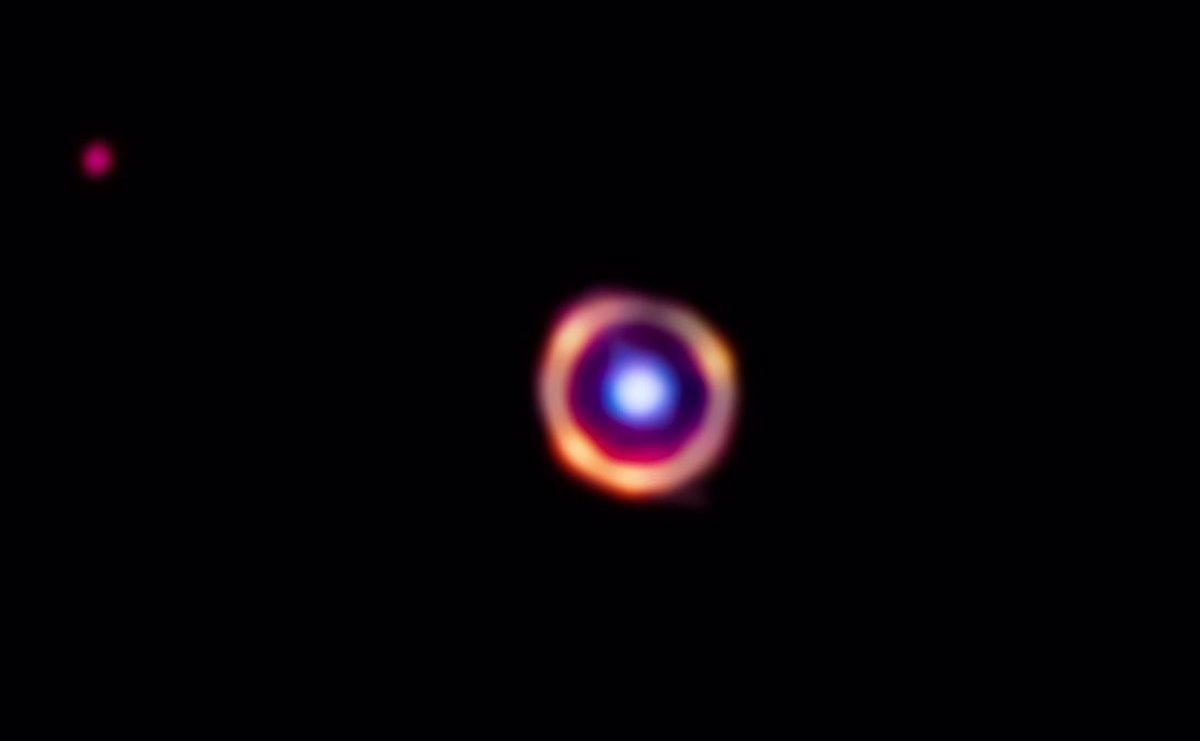
Another major discovery was made by the James Webb Space Telescope, which detected complex organic molecules in a galaxy more than 12 billion light-years from Earth.
Thanks to the capabilities of James Webb (JWST) and the detailed analyzes of the responsible scientific team, a new study comes to shed light on the complex chemical reactions that took place in the first galaxies in the primordial universe.
The study, conducted by the International Federation of Scientists, led by Justin Spilker Professor of Astronomy at Texas A&M University, is published in the journal Nature and aims to distinguish differences in the infrared signals produced by dust particles and hydrocarbon particles.
“Dust particles absorb and then re-emit nearly half of the stellar radiation produced in the universe, as a result of which infrared light from distant objects reaches ground-based telescopes very weakly or is not detected at all.”
The magnifying glass of space
For the research, scientists made use of the effect of gravitational lensing, also known as the “magnifying glass of space.” This magnification occurs when two galaxies are almost in a straight line from Earth’s point of view, and the background galaxy’s light is distorted and magnified by the foreground galaxy to form a ring, known as an Einstein ring.
James Webb’s research team focused on the galaxy called SPT0418-47, located 12 billion light-years from Earth, a time when the universe was only 1.5 billion years old, or 10% of its current age.
Spectroscopic data from the space telescope indicate that the dark interstellar gas in SPT0418-47 is rich in heavy elements, which in turn indicates entire generations of stars that lived and died. One specific element the researchers discovered was a type of organic molecule known as a polycyclic aromatic hydrocarbon. Scientists claim that these organic molecules are the building blocks of primitive forms of life.
“We did not expect this, because the discovery of complex organic molecules at such a large distance fundamentally changes the data of our future observations, and we are excited about the new avenues that are being opened,” said the research leader.
Sources: Europa Press

“Total alcohol fanatic. Coffee junkie. Amateur twitter evangelist. Wannabe zombie enthusiast.”





More Stories
Is this what the PS5 Pro will look like? (Image)
Finally, Windows 11 24H2 update significantly boosts AMD Ryzen – Windows 11 performance
Heart Surgeon Reveals The 4 Things He ‘Totally Avoids’ In His Life